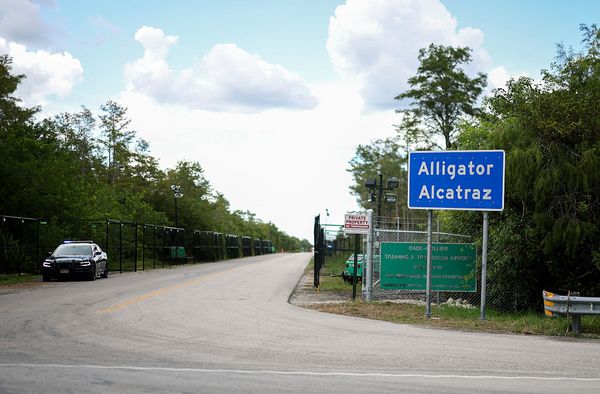
It’s a heartbreaking irony – one not lost on Sir David Attenborough – that in his long lifetime scientists’ knowledge of the natural world has increased dramatically while nature has suffered devastating losses over the same period. Meanwhile, our appetite for David’s powerful storytelling is as insatiable as ever and his new film and book make a formidable case for change.
These creative outputs are reflections of a life told through the lens of nearly a century of marine discovery, destruction and glimpses of recovery. The book of Ocean contains different stories and subject matter to the film but shares the message of hope.
Parallels are drawn with the ninety year lifetime of a blue whale; it’s a handy device to chart the magnitude of change over this period. The longevity of this magnificent creature is striking against the backdrop of historic events and we become immersed in a whale’s eye view of the world as the largest animal on the planet moves mesmerisingly through a vast expanse of currents in search of krill, its tiny prey. Everything about it is huge and we are in awe as it swallows 80,000 litres of krill and water in one gulp; but unease follows as the damage caused by humans to the ocean inevitably raises a question over the future of this and countless other species.
David writes of living almost a hundred years during which time, “Marine science has revealed natural wonders a young boy in the 1930s could never have imagined. New technology has allowed us to film wildlife behaviour I could only have dreamed of recording in the early stages of my career, and we have changed the ocean so profoundly that the next hundred years could either witness a mass extinction of ocean life or a spectacular recovery.”
Ocean is gripping. It dives into some key habitats, meets intriguing characters, explores the challenges they face and seeks solutions. In The Deep chapter, it’s the endearing cock-eyed squid and the rough-eyed rockfish which lives over 200 years at 800m deep. Sometimes the wildlife is so fantastical that the images on the page feel like works of the imagination. Deep sea life is mysterious, intricate, rich and fragile – but it is being heavily fished and mining companies seek to exploit its seabed. The author urges countries to apply the precautionary principle by saying no to deep-sea mining before the industry has really got going; before it’s too late.
Closer to home, the Kelp Forest chapter recounts the rousing tale of this habitat’s recovery from wipe-out to an official no-trawl zone off our very own south coast. Smooth hound shark, blenny, rare angel shark and the electric ray are gradually returning thanks to the radical action of some remarkable individuals and the likes of Sussex Wildlife Trust.
Protection requires governments everywhere to act and it’s up to us all to hold them to account. In this country our Marine Protected Areas are still ravaged by bottom-trawling. This has to stop. How else can we reverse decades of decline? It would also help if we avoided building developments such as wind farms in these designated sites. We urgently need to tackle climate change – but it’s an own goal to damage the living seabed and its precious blue carbon stores.
Emma Robertshaw works for The Wildlife Trusts
Ocean: Earth's Last Wilderness (John Murray Press, £28), out now







